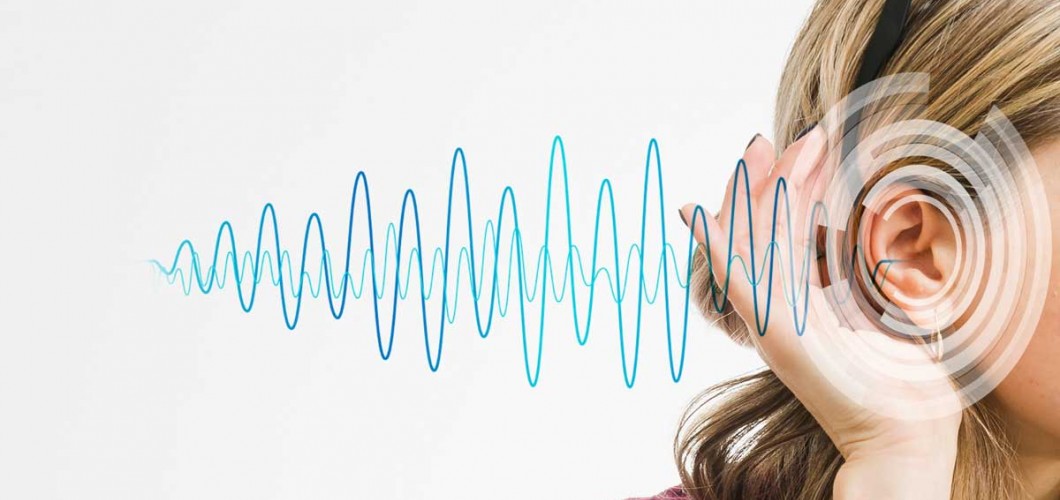
First Aid for Hoarseness and Drowning
Reading Time: 15 minutes
Hoarseness and drowning are both critical emergency situations that can significantly affect a person’s well-being. Hoarseness occurs due to overuse, inflammation, or any disorder of the vocal cords, while drowning happens when the airways are blocked, preventing oxygen intake. Both require quick and proper intervention to safeguard the person's health. In this article, we will explore first aid procedures for hoarseness and drowning, as well as how to effectively handle these situations.
What is Hoarseness and What Causes It?
Hoarseness refers to a condition where the voice becomes weak, raspy, or higher-pitched due to a disorder in the vocal cords. Hoarseness can occur for several reasons:
- Excessive Voice Use: Prolonged yelling, singing, or speaking can strain the vocal cords, leading to hoarseness.
- Infections: Throat infections, colds, or flu can cause inflammation in the vocal cords.
- Allergic Reactions: Allergies can lead to itching and hoarseness in the throat.
- Gastroesophageal Reflux Disease (GERD): Stomach acid regurgitating into the esophagus can irritate the vocal cords and cause hoarseness.
While hoarseness can be a simple symptom of a cold, it can also indicate a more serious health issue. If hoarseness persists for more than two weeks, it is advised to consult a doctor.
First Aid for Hoarseness
The first aid for hoarseness should aim to prevent further damage to the vocal cords and promote recovery. Here are some steps you can take:
- Rest Your Voice: Resting the vocal cords is crucial for healing. Avoid talking as much as possible. If speaking is necessary, use a low voice and keep conversations short.
- Warm Beverages: Warm drinks, especially tea with honey and lemon, can soothe the throat and relieve discomfort.
- Humid Environment: Keeping the air humid can help reduce throat irritation. Being in a moist environment can ease the vocal cords.
- Avoid Hot or Cold Drinks: Hot or cold drinks may irritate the throat further. Opt for beverages at moderate temperatures.
- Avoid Smoking and Alcohol: Smoking and alcohol can irritate the vocal cords and delay recovery.
First Aid for Drowning
Drowning occurs when the airways are blocked, preventing oxygen intake, and it can be life-threatening. Drowning may occur when a foreign object (food, toys, etc.) blocks the airway or when a person is submerged in water. Timely and proper first aid can increase the chances of survival.
1. First Aid for Drowning Caused by a Foreign Object
If a person is choking on a foreign object and cannot breathe, quick intervention is necessary.
- Alert Emergency Services: Call for emergency help immediately. Both alerting help and providing proper intervention are critical.
- Perform the Heimlich Maneuver: If the person is not coughing or has severe choking, perform the Heimlich maneuver. This technique involves applying pressure to the abdomen to expel the foreign object.
- Bend the person over and place your arms around their waist. Then apply quick, forceful pressure to the abdomen.
- For children, the Heimlich maneuver is done differently; infants under one year old should have back slaps, while children over one year can have abdominal thrusts.
- Monitor the Person: If the person loses consciousness, immediately begin CPR (cardiopulmonary resuscitation). Continue resuscitation efforts until breathing resumes.
2. First Aid for Drowning in Water
Drowning in water requires immediate and decisive action.
- Quickly Remove the Person from Water: Safely remove the person from the water without risking your own safety. Once out of the water, place them on a flat surface.
- Ensure Airway Clearance: Lay the person on their back and tilt their head slightly backward to ensure they are able to breathe.
- Perform CPR if Needed: If the person is not breathing, perform CPR to restore their breathing and heart rate. CPR involves chest compressions and rescue breaths to supply oxygen to the body.
- Call for Medical Help: After initiating CPR, immediately call for emergency medical help.
General Precautions for Hoarseness and Drowning
- React Quickly: In both cases, quick and proper first aid is crucial for the person's survival and health.
- Get First Aid Training: Taking a first aid course can help you respond effectively in emergency situations. Learning CPR and the Heimlich maneuver can be life-saving.
Conclusion
Both hoarseness and drowning situations require immediate intervention. Hoarseness is usually a temporary issue, but it can sometimes signal a more serious health problem. Drowning, on the other hand, is a life-threatening emergency that requires quick, efficient action. By applying the correct first aid, you can reduce the risk of severe complications and increase the person's chances of recovery.

Leave a Comment